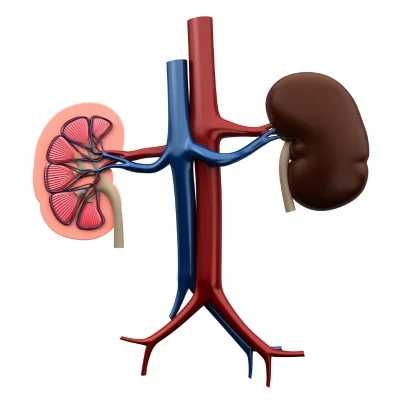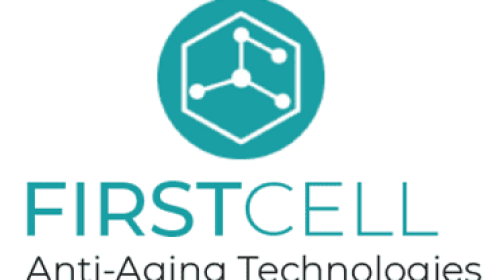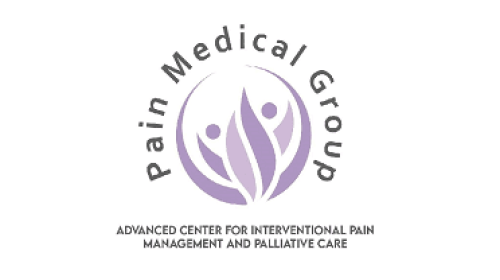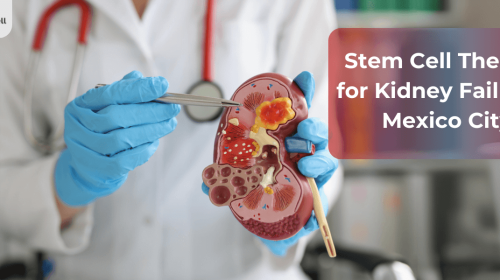Pioneering the future of kidney disease treatment with stem cells
Kidney disease also known as renal disease, refers to any condition that affects the proper functioning of the kidneys. The kidneys play a crucial role in filtering waste products and excess fluids from the blood, regulating electrolyte levels, and maintaining overall fluid balance in the body. When kidney function is impaired, it can lead to various health complications.
Types of Kidney Disease:
- Chronic Kidney Disease (CKD): This is a long-term condition characterized by the gradual loss of kidney function over time. Common causes include diabetes, high blood pressure, glomerulonephritis, and polycystic kidney disease.
- Acute Kidney Injury (AKI): Also known as acute renal failure, AKI occurs suddenly and is often reversible. It can be caused by factors such as severe infections, dehydration, medication side effects, or a sudden drop in blood flow to the kidneys.
- Polycystic Kidney Disease (PKD): This is an inherited condition characterized by the formation of multiple fluid-filled cysts in the kidneys, which can impair kidney function over time.
- Glomerulonephritis: It refers to inflammation of the glomeruli, which are the tiny filtering units within the kidneys. It can be caused by infections, autoimmune diseases, or other conditions.
- Kidney Stones: These are hard deposits of minerals and salts that form in the kidneys. They can cause severe pain and may block the flow of urine.

Benefits of Stem Cell Treatment for Kidney diseases
Stem cell treatment, also known as regenerative medicine, holds promise in the field of kidney diseases. While the research is still in its early stages, there are potential benefits associated with stem cell therapy for kidney diseases. Here are some of the potential benefits:
Regeneration of Kidney Tissue: Stem cells have the unique ability to differentiate into various cell types, including kidney cells. By delivering stem cells to the damaged kidneys, it is hoped that they can regenerate and repair the injured or diseased kidney tissue.
Anti-inflammatory Effects: Stem cells have shown anti-inflammatory properties, which can be beneficial in kidney diseases characterized by inflammation, such as glomerulonephritis. The administration of stem cells may help reduce inflammation in the kidneys and promote healing.
Immune System Modulation: Some kidney diseases, such as autoimmune-related conditions, involve an overactive immune system attacking the kidneys. Stem cells have the potential to modulate the immune response, suppressing abnormal immune activity and preventing further damage to the kidneys.
Procedure of Stem Cell Therapy for Kidney Disease
Patient Evaluation
The first step involves a thorough evaluation of the patient’s medical history, current condition, and kidney disease severity. This evaluation may include physical examinations, laboratory tests, and imaging studies. The patient’s suitability for stem cell therapy is determined based on the evaluation results. If deemed suitable, the patient’s eligibility for stem cell therapy is confirmed, and informed consent is obtained.
Source of Stem Cells
Stem cells can be obtained from various sources, such as bone marrow, adipose tissue (fat), or umbilical cord blood. The healthcare provider will determine the most appropriate source of stem cells based on the patient’s specific needs and the available options.
Stem Cell Collection
Once the source of stem cells is determined, the collection process begins. For bone marrow-derived stem cells, a small amount of bone marrow is usually extracted from the patient’s hipbone using a needle. Adipose tissue-derived stem cells can be collected through a minimally invasive liposuction procedure. Umbilical cord blood stem cells are obtained from umbilical cords donated by consenting mothers after childbirth.
Stem Cell Processing
After collection, the stem cells undergo processing and expansion in a laboratory to increase their numbers. The stem cells may be purified, concentrated, and cultured under controlled conditions to enhance their therapeutic potential.
Stem Cell Administration
The prepared stem cells are then administered to the patient. The specific method of administration may vary. In some cases, the stem cells are injected directly into the affected kidneys or delivered via intravenous (IV) infusion. The route of administration depends on the healthcare provider’s expertise, the patient’s condition, and the treatment protocol being followed.
Follow-up and Monitoring
After the stem cell administration, the patient’s progress is closely monitored. Follow-up visits, laboratory tests, and imaging studies are conducted to assess the response to treatment, kidney function, and overall health. Additional treatments or adjustments to the therapy may be made based on the patient’s response and ongoing evaluation.
Best Hospitals for Kidney Disease in the World
America, Mexico, Tijuana
America, Mexico, San Pedro Garza Garcia
Asia, Kuala Lumpur, Malaysia
America, Colombia, Pereira
America, Juarez, Mexico
Regenerative Medicine Packages for Kidney Diseases
Stem Cell Therapy for Diabetes Success Stories
Don’t let kidney disease define your life. Join the countless individuals who have already experienced the transformative power of stem cell therapy. By choosing PlacidWay, you gain access to a global network of top-notch medical facilities, state-of-the-art technology, and compassionate healthcare professionals dedicated to your well-being. Take the first step towards reclaiming your health. Contact us today to learn more about stem cell treatment for kidney disease.
Frequently Asked Questions
What causes kidney disease?
Kidney disease can be caused by various factors, including diabetes, high blood pressure, autoimmune disorders, infections, kidney stones, genetic disorders, and certain medications.
What are the symptoms of kidney disease?
Common symptoms include fatigue, frequent urination, blood in urine, swelling in the legs and ankles, persistent itching, muscle cramps, nausea, and loss of appetite.
How is kidney disease diagnosed?
Diagnosis involves a combination of medical history evaluation, physical examination, blood tests, urine tests, imaging tests (such as ultrasound or CT scan), and kidney biopsy in some cases.
Can stem cell therapy help with kidney disease?
Stem cell therapy shows promising potential in the treatment of kidney disease. It aims to regenerate damaged kidney tissue and improve kidney function. However, further research is still needed, and its availability may vary.
How effective is stem cell therapy for kidney disease?
The effectiveness of stem cell therapy for kidney disease varies from person to person. While some individuals may experience improvements in kidney function and symptom relief, results may not be guaranteed for everyone.
Request Free Quote










